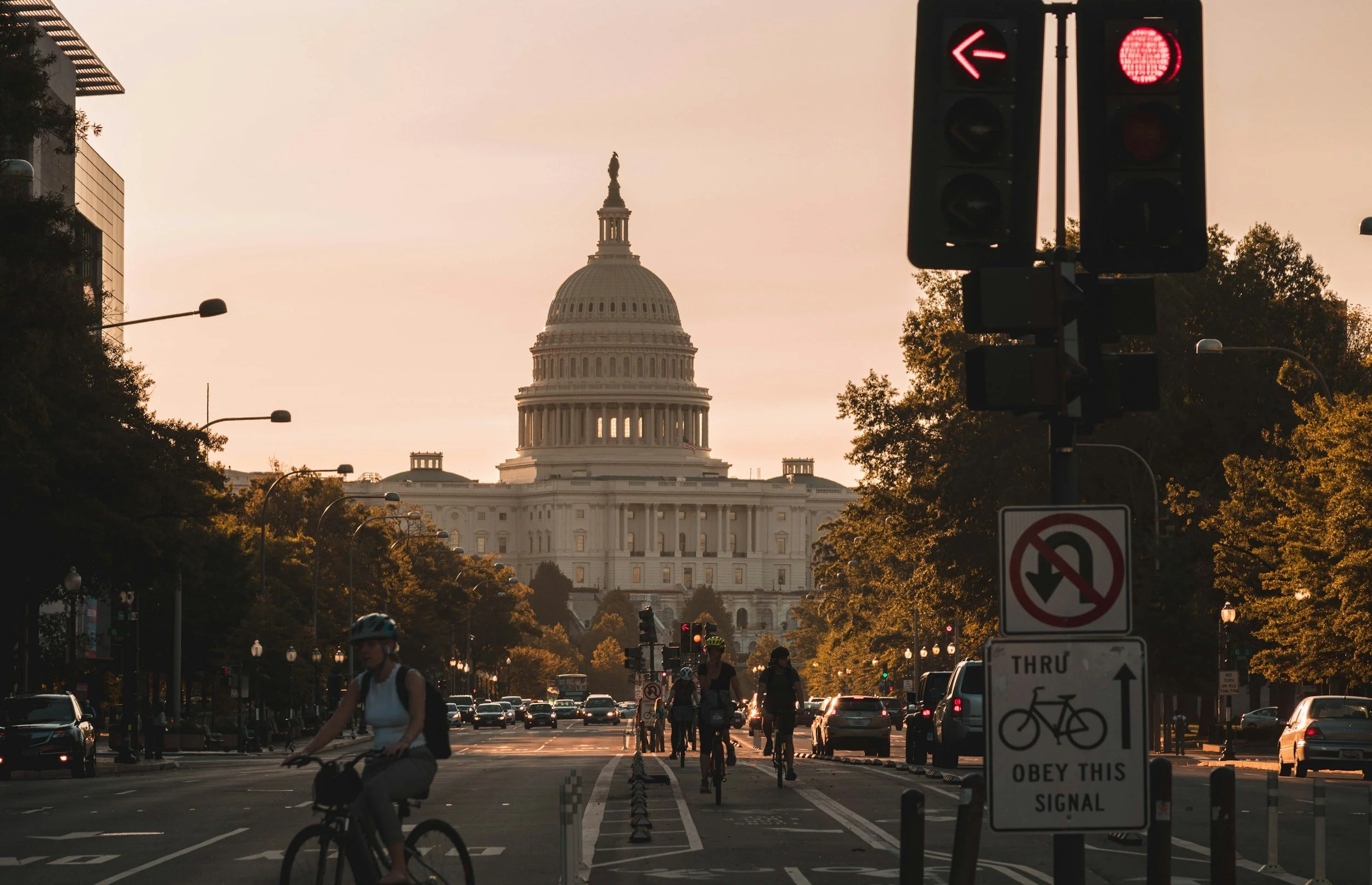Decentralization as a path to human liberation
In a world increasingly governed by centralized entities, the concept of decentralization emerges as a beacon of liberation, fostering a unique blend of independence and interdependence. Decentralization, at its core, is the diffusion of power away from a single, central authority, distributing it among multiple stakeholders. This model not only liberates individuals from the constraints of monolithic control but also weaves a rich tapestry of trust and mutual reliance.
The first facet of decentralization is the empowerment of the individual. Freed from the clutches of a singular, often distant authority, people can exercise greater control over their lives. This shift manifests in various domains, from the democratization of information in the digital age to the decentralization of energy resources, where individuals harness renewable sources, reducing reliance on central power grids. Such autonomy doesn't just liberate; it fosters innovation and personal growth.
However, decentralization is not a journey to isolation. It paradoxically cultivates a framework of interdependence. In a decentralized system, the reliance shifts from a central figure to a network of peers. This network, functioning on the principles of trust and mutual benefit, becomes a cornerstone of collective security and truth. In decentralized governance models, such as blockchain technology, every participant is both a contributor and a validator of information, creating a transparent and secure environment. The security in these systems doesn't stem from the might of a central power but from the collective vigilance of its participants.
The connection between truth and security in decentralized systems is profound. In the absence of a central authority to dictate 'truth,' the veracity of information is maintained through consensus and open verification processes. This approach not only enhances transparency but also builds a robust system resilient to manipulation and external threats.
In essence, decentralization is more than just a shift in power dynamics; it's a cultural and ideological transformation that champions individual freedom while nurturing a community-based system of support and security. This paradigm not only liberates but also binds us in a shared quest for truth, security, and collective well-being, heralding a new era of governance and societal structure.



